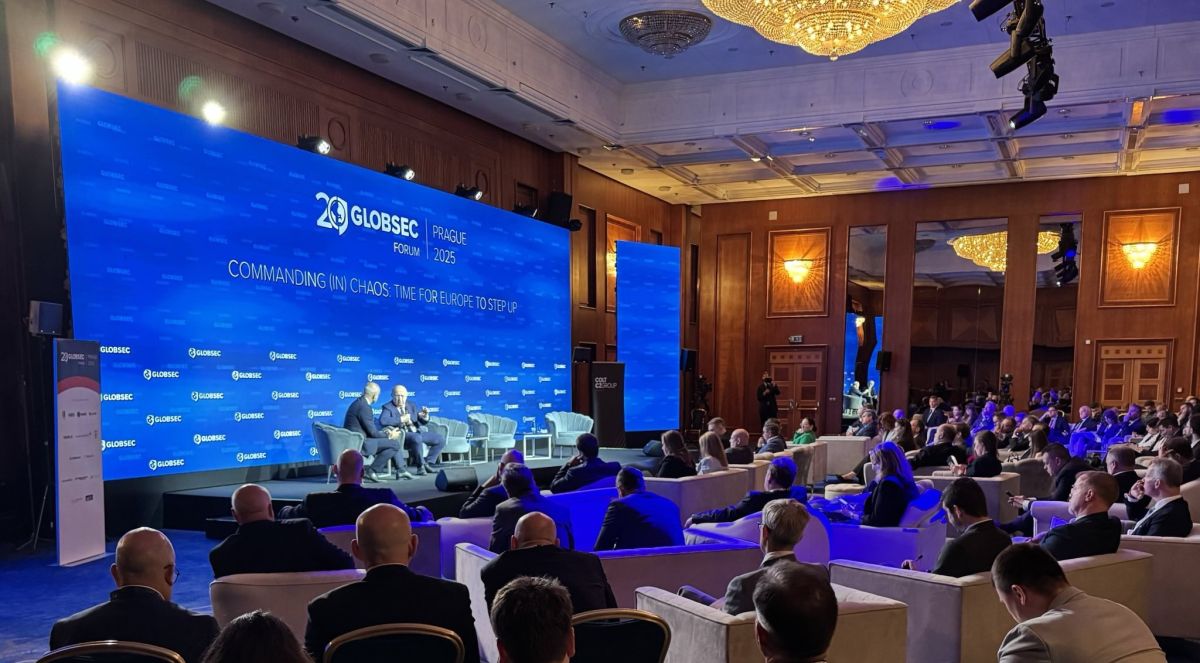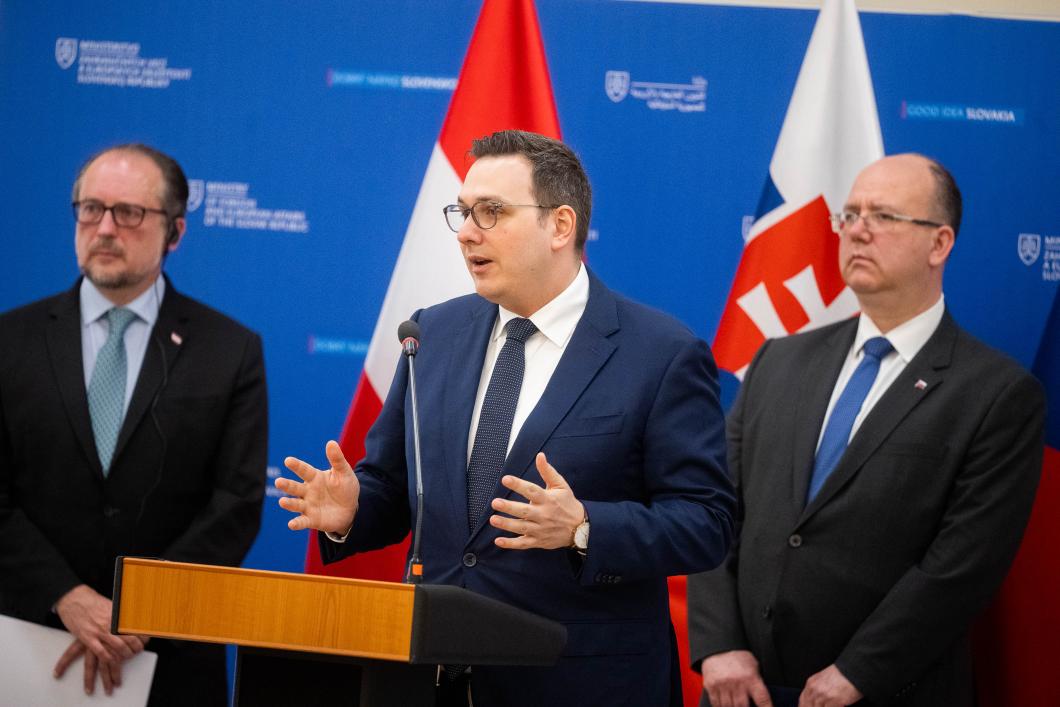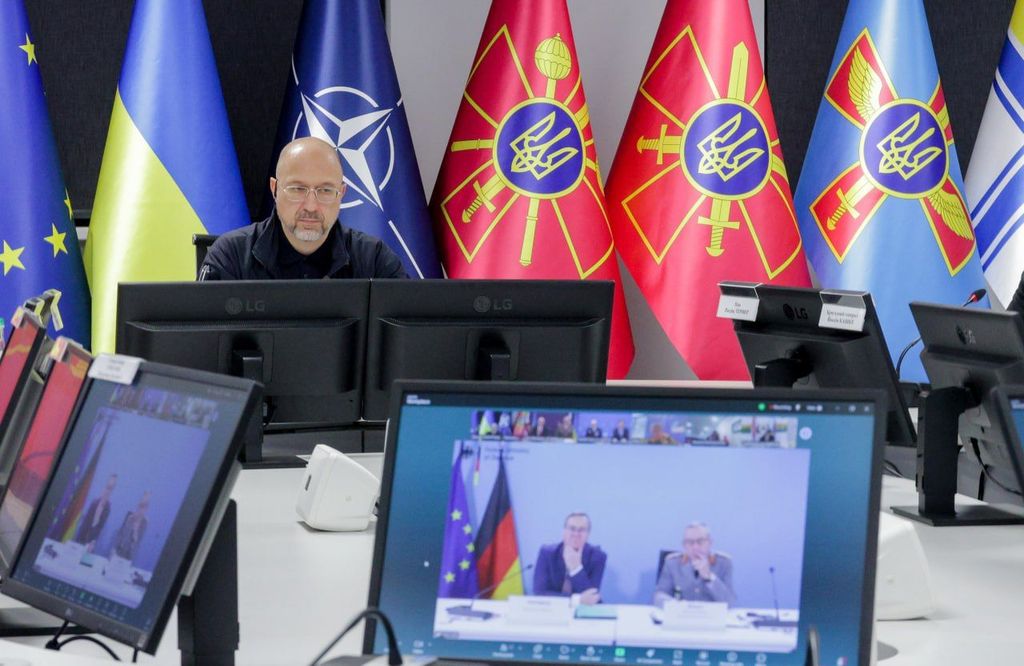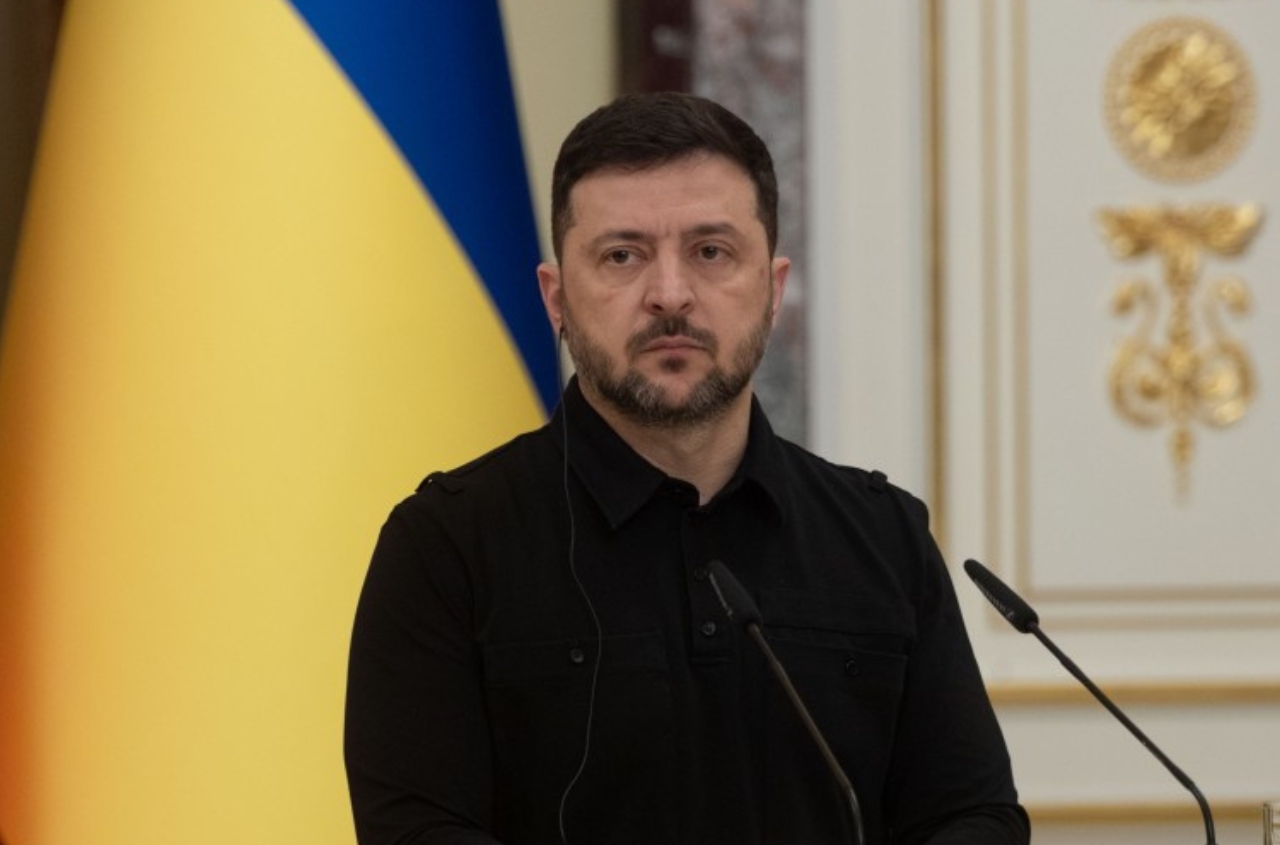Czech Foreign Minister Jan Lipavský called Russia’s war against Ukraine “a test of European resolve and responsibility” during the GLOBSEC 2025 conference in Prague on June 13, stressing that the West must act decisively to deter the Kremlin’s growing ambitions.
“The world must not be naïve and think that Putin’s appetite ends with Ukraine. Russia will not voluntarily give up its ambitions—it must be deterred,” Lipavský said, warning that Moscow’s increased defense spending is not just for parades or victory in Ukraine. “We should not expect Russia to stop its influence operations, sabotage, hybrid attacks, democratic erosion, and intimidation across Europe.”
According to Lipavský, this war lies at the core of today’s global crisis landscape.
“How we respond will shape the future of European security, the strength of the transatlantic partnership, and the global order for decades to come. Peace through strength must be our principle.”

He referenced U.S. President Ronald Reagan’s policies in the 1980s, which he credited with bringing freedom and prosperity to Central and Eastern Europe. The challenge now, he said, is adapting that principle for the 21st century.
“Our starting point is clear: Ukraine must receive enough military and economic aid to become a steel porcupine, capable of self-defense. At the same time, we must keep pressure on Russia to degrade its war-making capacity—sanctions are vital to curbing the modernization of its armed forces.”
Lipavský also called for innovation in collective response mechanisms, citing the emerging “Coalition of the Willing” that supports Ukraine both on the battlefield and at the negotiating table. “Europe must be ready to lead, to increase pressure on Russia to negotiate sincerely, and to work with the U.S. toward a ceasefire and a safe future for Ukraine.”
“Czechia is proud to be part of these efforts. Security is not free. Supporting Ukraine is not charity—it’s a strategic imperative. It’s an investment in our collective security and prosperity,” Lipavský said. “A strong and sovereign Ukraine is crucial for a stable Europe. And a stable Europe is the cornerstone of resilient transatlantic relations. Again—I repeat—we cannot afford to fail this test.”





















